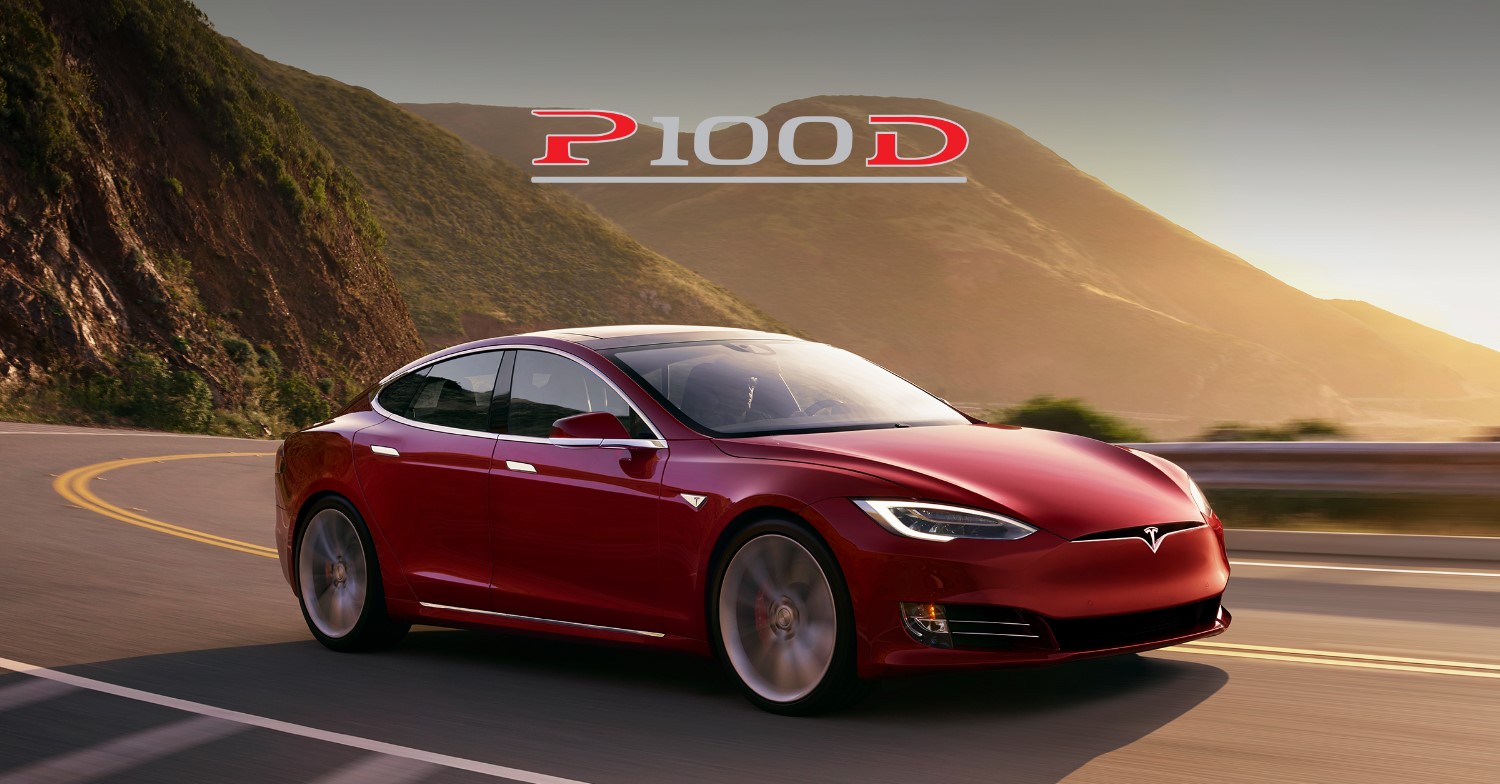Majority of automotive investing turns to electric cars
 |
| Already the Tesla Model S P100D is the fastest car you can buy. Just wait until electric cars have supercapacitors instead of batteries. Can you say 0-60 in under 1 second and a full recharge in 2 minutes? |
The car of the future will be electric, connected and, eventually, self-driving writes Stephen Wilmot of the Wall Street Journal. But where does that leave the car industry of the future? In a series of articles this month, Heard on the Street takes a look at how investors should approach the biggest technological disruption the car industry has faced in decades.
Battery-powered electric cars outsold gasoline ones at the dawn of the automotive age. In a decade or so they may well do so again. Investors need to watch out they don’t get caught on the wrong side of history.
Precisely when electric cars leave their current luxury or green-tech niches and–after many false starts–enter the mainstream depends above all on relative cost. On that front, electric vehicles have momentum.
Falling Fast
The plummeting cost of batteries is key. The growth of mobile computing has driven massive investment in the area, improving the range of electric cars while reducing their cost. Mercedes-maker Daimler thinks the production cost of engine and battery technology might reach parity in 2025. But the tipping point for consumers, who also factor in subsidies and running costs, will be earlier.

Tightening environmental standards are making compliant internal combustion engines ever more expensive, particularly in Europe. Aggressive electric vehicle subsidies in China–the world’s largest car market by unit sales–have created built-in demand. Low gas prices–especially in the U.S.–are no longer electrification kryptonite, though a deregulating Trump administration could extend the life of traditional cars.
The industry now has a model to follow, too
| The oil producers had better pump all the oil they can now, before no one wants their air polluting, cancer causing fossil fuel anymore |
Silicon Valley disruptor Tesla has shown that there is consumer demand for well-designed electric cars, spurring nearly all the industry’s incumbents, from Detroit to Germany and Japan, to invest heavily.
General Motors is now releasing its all-electric Chevrolet Bolt at an after-tax price of roughly $30,000. That is less than the average car sale price in America, though high for a compact. Tesla’s much-hyped Model 3 is expected late next year at a slightly lower price.
Retaining relevance–and profits–in the electric era will be a challenge for traditional car makers. Accumulated expertise in engine technology has for decades protected stable market positions. Electric motors are simpler and cheaper to produce. As engine expertise fades into irrelevance, keeping new competitors at bay–notably from East Asia, where most consumer electronics are now made and the battery makers are based–will become harder.
That won’t stop them trying. Germany’s big-three manufacturers–VW, Daimler and BMW–have all unveiled new electric-vehicle strategies this year. Even Toyota, the world’s largest car maker, signaled last month it would reverse its longstanding strategy of favoring hydrogen fuel-cell technology over batteries. The next few years will witness a flurry of launches to rival the Bolt and Model 3.
Race to the Bottom
Branding will have to adapt as well as production. One example: BMW has always made much of its distinctive kidney-shaped grills, which electrification makes obsolete. The old leaders will have to find new ways to blend brand, design and technology.
For investors, risks and opportunities look immense. Shares in nearly all car makers, bar Tesla, are currently very cheap, both relative to their trading history and the wider market. There are short-term worries about toppy car sales as well as longer-term concerns about the cost of retooling assembly lines for electric technology and the risk of disruption. Yet in time the companies that survive the rapids of industrial change could be seen–and valued–more like tech companies.
The future of the car will be electric. The rewards for those who back the winners will be huge. Stephen Wilmot/Wall Street Journal
